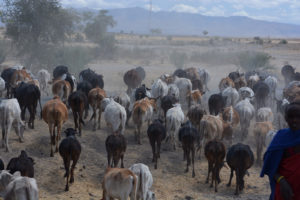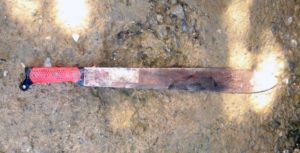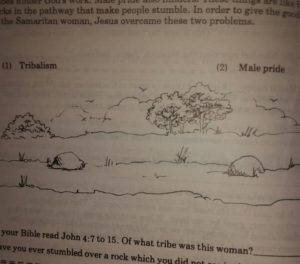Sensing that another of life’s thresholds lay ahead for me – one of greater bearing than others – I texted my pastor, requesting a visit.
Not long after his ‘dumpster dive’ narrative (the lone part of the sermon I recall from that Sunday morning), Roger had begun laying the groundwork for a twelve-step venture fitting a specific niche of persons. Men serving in Christian ministry.
A Step program had already been serving our faith community for some time, yielding some beautiful fruit along the way. Through Bible-centered curricula facilitated by a compassionate, Christ-loving husband/wife team, Jim and Pam, a number of souls had – for their first time ever – drunk from springs of undiluted hope. The program, by now widely available and spreading, carried the label Celebrate Recovery (‘CR’).
Enter Roger, a “man the cloth”, who inserted a third letter, sandwiched between the C and the R. The result – a kind of hybrid version nicknamed ‘C.P.R.’ – the ‘P’ loosely representing the term ‘Pastor’.
Imagine. A recovery program concerned with hurts, habits and hangups of preachers, pastors, missionaries, youth ministers and the like. Remarkably (or not so remarkably), Roger’s CPR groups – the first followed by another, then another – never lacked for signups.
In a study spanning a recent calendar year Barna Research noted that 42 percent of pastors had considered leaving full-time ministry. While a combination of factors can give rise to such troubling data, a common theme has surfaced. A high number of leaders in the Lord’s work suffer from a sense of isolation.
Yet, men (vocational churchmen included) connecting routinely with other men in honest, redemptive dialogue are finding themselves ushered into a place of oxygen. A doorway of hope starts opening. Wounds get disclosed. Fears and hiddenness get unveiled. Healing enters. Recovery comes.
Jesus occupies such settings. Men know the empowering presence, in the company of friends. This became my story and remains so today.
By the time of my first interactive session with a CPR band of brothers, much water had passed beneath the proverbial bridge. Some with murky currents indeed. Here, in time, I would muster adequate courage to bring to light the account of a sexual assault, of unsavory influences, and a history of associated brokenness.
I was a child when *Lawrence took advantage. Hiddenness – my behavior default – had kept the incident sealed for beyond six decades.
I would learn afresh that from God there issues love that, as the hymn writer worded it, will not let me go.
©2024 Jerry Lout *pseudonym





 ***
***